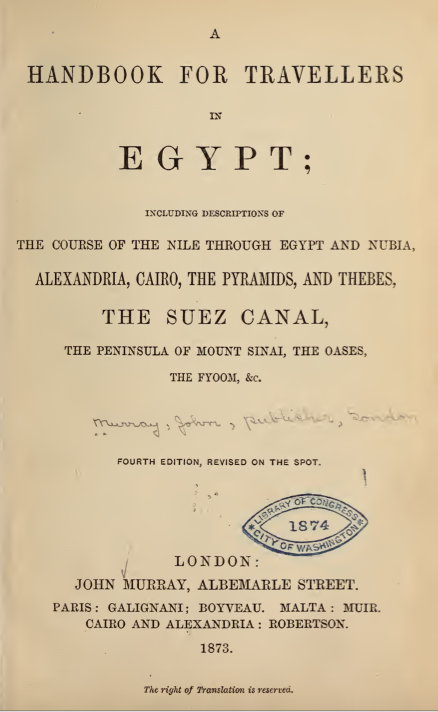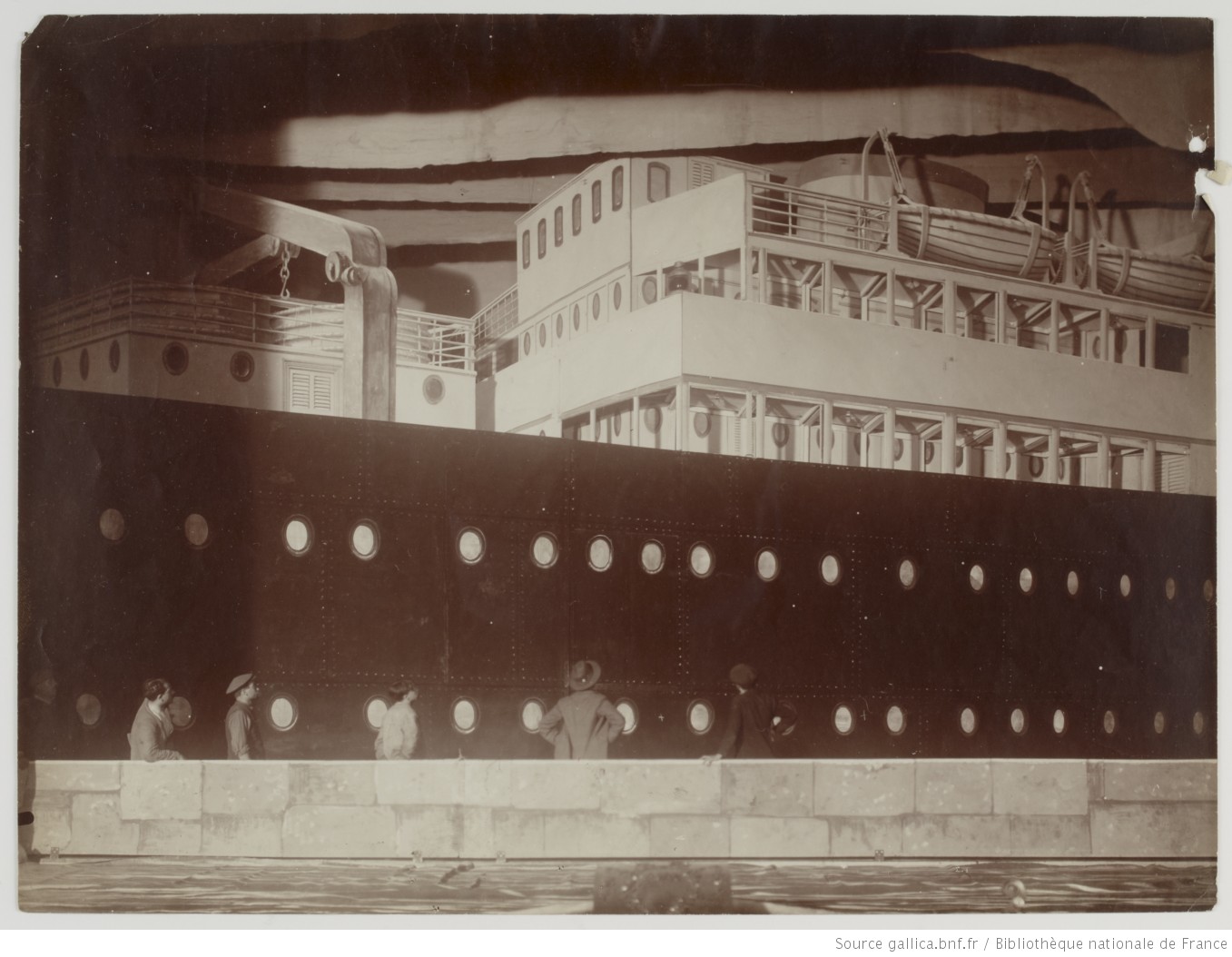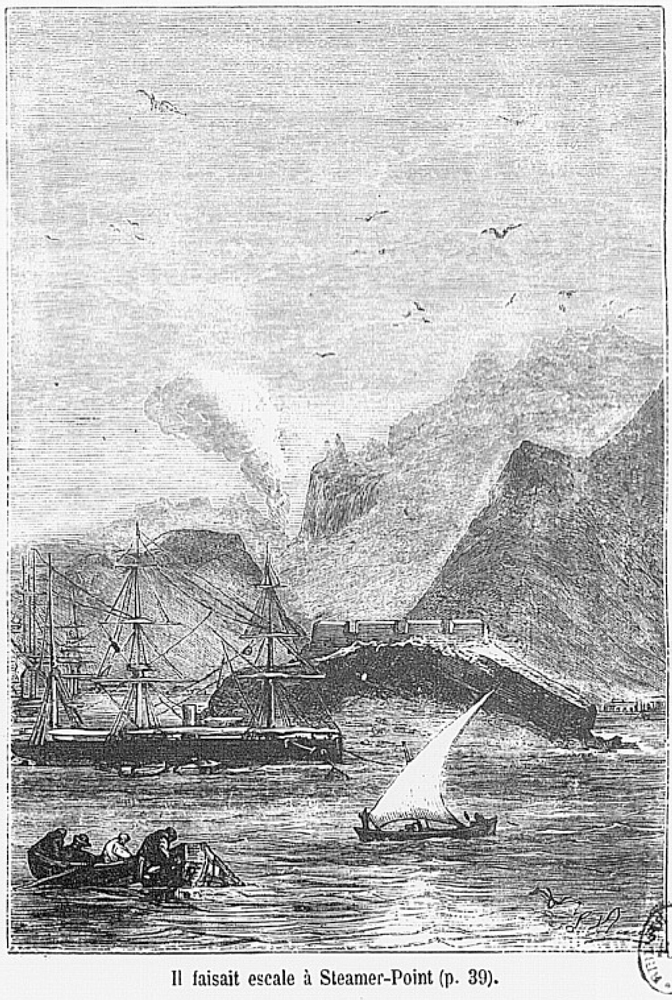
LTDM80J Episode 02:
Brindisi to Mumbai (Via Suez, Aden)
Our journey continues and we are heading south east, from Brindisi to Bombay. As we have already mentioned, our story unfolds in 1872. A very important geographical breakthrough of the time, the opening of the Suez Canal happen just 3 years before the publishing of the book. Thus it inspired Jules Verne, as such a long travel was possible in a very short time. To celebrate the opening of the Suez Canal, Isma'il Pasha, Khedive of Egypt, commissioned Verdi to write the opera Aida to celebrate the opening of the Khedivial Opera House. Eventually Verdi's Rigoletto was performed instead, and Aida premiered in Cairo in 1871.
— Sailed on the Mongolia, Saturday, at 5 P.M.
— The steamer Mongolia, belonging to the Peninsula and Oriental Company, built of iron, of two thousand eight hundred tons burden, and five hundred horse-power, was due at eleven o'clock A.M. on Wednesday, the 9th of October, at Suez. The Mongolia plied regularly between Brindisi and Bombay via the Suez Canal, and was one of the fastest steamers belonging to the company, always making more than ten knots an hour between Brindisi and Suez, and nine and a half between Suez and Bombay.
— Sailed on the Mongolia, Saturday, at 5 P.M.
— The steamer Mongolia, belonging to the Peninsula and Oriental Company, built of iron, of two thousand eight hundred tons burden, and five hundred horse-power, was due at eleven o'clock A.M. on Wednesday, the 9th of October, at Suez. The Mongolia plied regularly between Brindisi and Bombay via the Suez Canal, and was one of the fastest steamers belonging to the company, always making more than ten knots an hour between Brindisi and Suez, and nine and a half between Suez and Bombay.
— Reached Suez, Wednesday, October 9th, at 11 A.M.
— The weather was clear, and slightly chilly. The minarets of the town loomed above the houses in the pale rays of the sun. A jetty pier, some two thousand yards long, extended into the roadstead. A number of fishing smacks and coasting boats, some retaining the fantastic fashion of ancient galleys, were discernible on the Red Sea.— The noble steamer rode out at full steam upon the waters of the Red Sea.
— And the hours were whiled away, when the sea was tranquil,with music, dancing,and games.
— But the Red Sea is full of caprice, and, as its gulfs are long and narrow, too often boisterous. When the wind came from the African or Asian coast, the Mongolia, with her long hull, rolled fearfully. Then the ladies speedily disappeared below; the pianos were silent; singing and dancing suddenly ceased. Yet the good ship ploughed straight on, unretarded by wind or wave, towards the narrows of Bab-el-Mandeb.
— The weather was clear, and slightly chilly. The minarets of the town loomed above the houses in the pale rays of the sun. A jetty pier, some two thousand yards long, extended into the roadstead. A number of fishing smacks and coasting boats, some retaining the fantastic fashion of ancient galleys, were discernible on the Red Sea.— The noble steamer rode out at full steam upon the waters of the Red Sea.
— And the hours were whiled away, when the sea was tranquil,with music, dancing,and games.
— But the Red Sea is full of caprice, and, as its gulfs are long and narrow, too often boisterous. When the wind came from the African or Asian coast, the Mongolia, with her long hull, rolled fearfully. Then the ladies speedily disappeared below; the pianos were silent; singing and dancing suddenly ceased. Yet the good ship ploughed straight on, unretarded by wind or wave, towards the narrows of Bab-el-Mandeb.
— What was Phileas Fogg doing all this time? It might be thought that, in his anxiety, he would be constantly watching the changes of the wind , the disorderly raging of the billows, — every chance, in short, which might force the Mongolia to slacken her speed, and thus interrupt his journey. But if he thought of these possibilities, he did not betray the fact by any outward sign. He passed through the memorable scenes of the Red Sea with cold indifference ; did not care to recognize the historic towns and villages which, along its borders, raised their picturesque outlines against the sky;
— The following night they passed through the Strait of Bab-el-Mandeb, which means in Arabic “The Bridge of Tears," and the next day they put in at Steamer Point, northwest of Aden harbor, to take on coal.
— On Sunday, October 20th, towards noon, they came in sight of the Indian coast.
— The following night they passed through the Strait of Bab-el-Mandeb, which means in Arabic “The Bridge of Tears," and the next day they put in at Steamer Point, northwest of Aden harbor, to take on coal.
— On Sunday, October 20th, towards noon, they came in sight of the Indian coast.
Alternatively listen here︎︎︎









